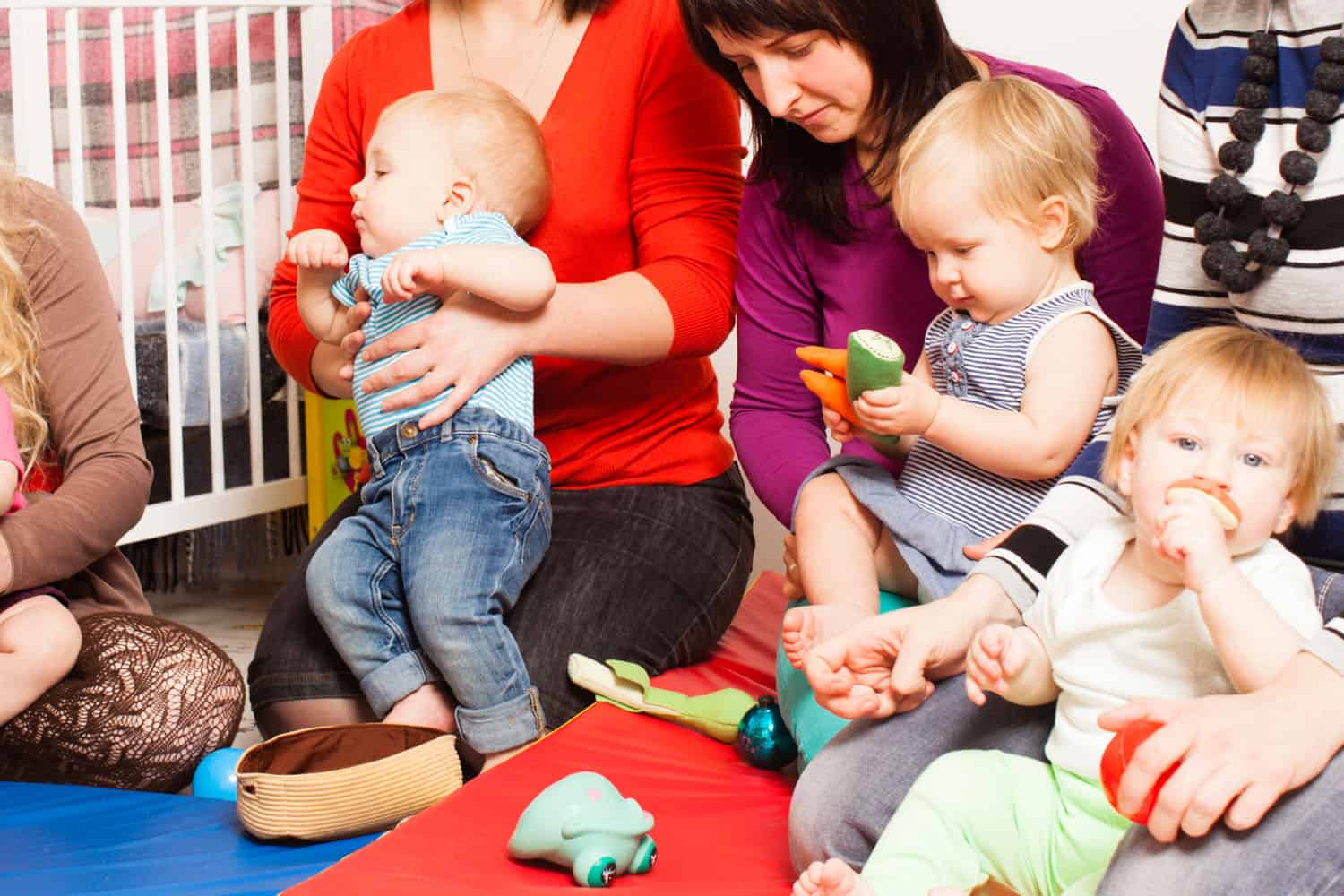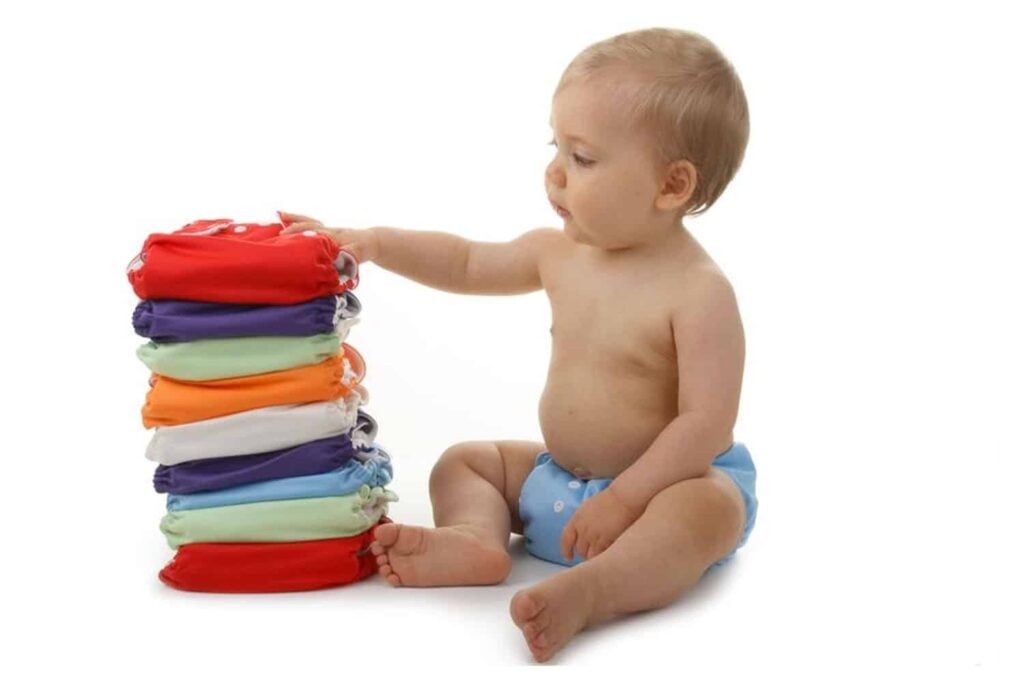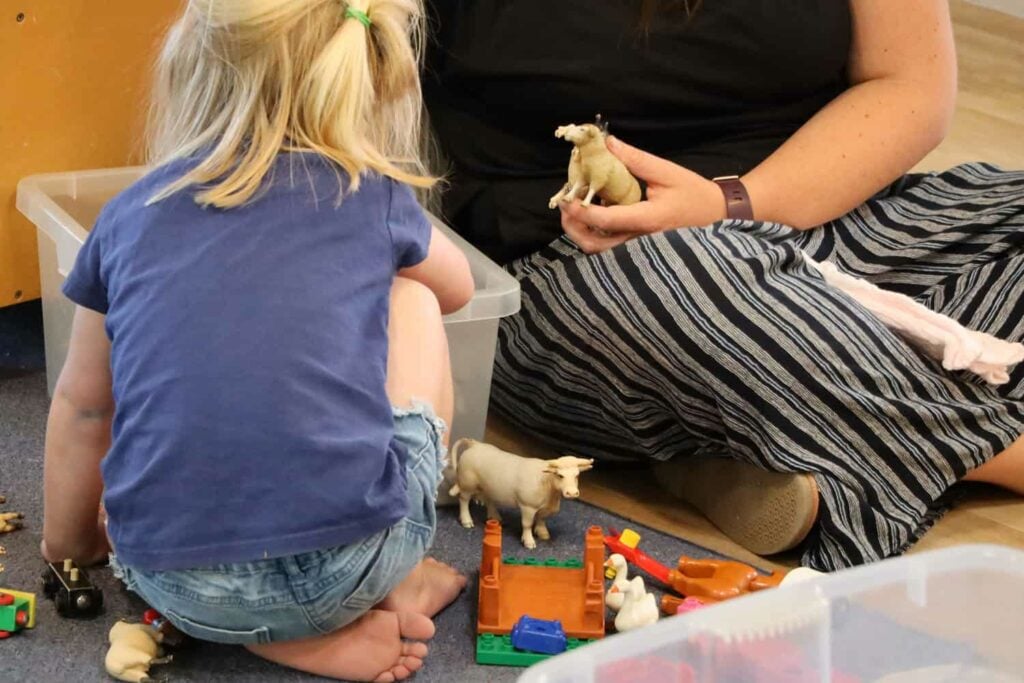Parent-led centre means a licensed centre at which parents are involved in caring for and teaching children. Parents are also involved in the management and administration.
The term ‘parents’ as its used in this article includes anyone who is involved in parenting and this may include step-parents, foster parents, and grandparents.
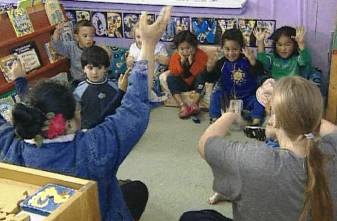
Most of these centres are licensed (formally organised) Playcentres, Kōhanga Reo and Pacific Island Language Centres. There are also unlicensed playgroups. Ngā puna kōhungahunga are a type of playgroup that focus on learning te reo Māori and tikanga.
Playgroups and Nga Puna Kōhangahunga, Playcentres, and Kōhanga Reo all have various levels of parent involvement.
Whānau based ECE services and parent-involved centres differ from kindergartens and childcare centres in the following three respects:
- Parents find that what they contribute helps define the quality for themselves and children.
- There is no one operating the service who may treat parents ‘as a bit of nuisance if they hang around for too long’ or as ‘getting in the way’ or give parents a sense that they are ‘interfering’ if they take responsibility for the care of their child.
- There is an absence of paid staff working with children and the service mostly relies on volunteers. Centres such as playcentres may also have some professional teachers employed to provide leadership for parents and reduce the obligation of parents in a community to always be on hand to supervise children.
What is a Playgroup?
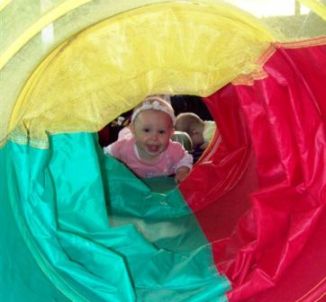
Instead of, or as well as, attending a Parent-Involved service that requires a regular commitment to attending you may opt for a playgroup.
Playgroups, many of which are also tax-payer funded operate from local community halls, Churches, schools and other places.
There is usually a leader or leaders who may provide some group singing or other activities like story time for the children.
To find a playgroup in your area phone Plunket, your local Community Centre, the Salvation Army, or ask your local Playcentre. Also try asking any providers of Home-based Education in your area as most licensed home-based providers also operate playgroups for their home-based educators and may welcome local parents as well.
Children Best Suited to Parent-led Centres
Children like having their parents present. It may be difficult for some children to share their parent though when their parent is talking with other adults or helping other children. However, this problem can be overcome as children settle into the Parent-Involved centre environment and develop independence and autonomy, make friendships with other children, and do not always need their parent to be right beside them all the time or actively involved in play.
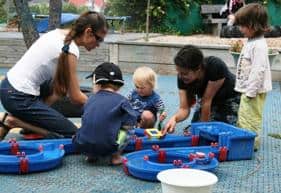
Children with special educational needs, gifted children, and children with disabilities are likely to experience an environment of inclusion, stimulation, and warmth.
Issues of staff-child ratios which can create a problem for children with different needs in kindergartens, daycare and other professionally staffed services do not arise in parent-led centres.
Parent-Involved Centres sometimes experience an exodus of families to a teacher-led centre when children turn 3 or 4 years of age because parents decide they want a service where they can just drop off their child and not stay. This can mean fewer same-aged peers for older children and if this happens then the centre may be a less stimulating place for your older child who may want and need same-age peers.
Why Choose a Parent-Led Centre?
To choose a Parent-Involved Centre such as a Playcentre you are most likely to be:
- a shift-worker (allowing you or your partner) to attend the programme with your child during daylight hours
- a self-employed person with flexible work hours
- a stay-at-home parent
- a dad who wants to meet other dads, and have opportunity to play alongside your child in a centre where all the equipment etc is provided
- a parent with a pre-schooler and a new baby/babies needing a service where children of both ages are welcome and can attend at the same time
- a new parent who would like contact with other new parents; or sharing of practical strategies for child care and help to have time to sit down and have a cup of coffee and have someone else play with your child for a time
- a person who likes to be in a relaxed environment
- a person who, even if shy, would welcome conversation with other adults
- a person who may be new to the local area and has yet to get to know many others in the area
- a person who is seeking or who may be open to the idea of receiving training in early childhood education, or in participating in other courses that may be offered e.g. in te reo Maori (Maori language), computer training, group facilitation and management skills, parenting skills, or even business administration.
Possible Problems and Difficulties
Parent-led centres typically offer training and courses. This may be a problem to you if you are otherwise busy with work or have younger children and no other adults at home to help you in the evening or when a course might be held. However, generally centres operate courses in a flexible manner that acknowledge family commitments and obligations, and with choices of formal and informal education options so you can pick and choose.
You may choose a Kōhanga Reo, Pacific Island Centre or other cultural centre assuming that you and your child will have good exposure to the language of the culture. However, not every centre has adults that speak the language all of the time and provide total immersion for children. So consider this in making your choice as to whether you are happy with partial immersion or want total immersion.
In some parent-led centres centres its difficult to know what it is going to cost you before you start. Some centres charge fees while other ask for donations of goods and services e.g. help with plumbing if you are a plumber may be equally as acceptable. You may find yourself having additional costs as you volunteer to do more and become more involved e.g. in attending national meetings or helping to collect donated goods but this only becomes a problem if you are not happy to do this – parents who volunteer are generally happy to meet any extra personal costs of involvement.
Disputes with other whanau members or parents at the Centre can be hard to handle. Also there might be an adult who rubs you up the wrong way and you just can’t get along with. Within the cooperative atmosphere of a Parent-Involved centre there is usually always someone a parent can talk with or find to be a friend. In licensed centres there should be written procedures for dealing with disputes that you can refer to.
You might not like the way another child behaves or the way other parents talk (e.g. use of bad language in front of children as part of their everyday way of talking). There is not much you can do on your own about this, and it can arise at any service, parent-involved or not. However as a cooperative, problems and issues can be discussed as a team and agreements may be able to be reached or solutions found e.g. for parents while at the centre not to use bad language in children’s hearing.
How Popular are these Centres?
Popularity is not an indicator of quality.
Attendance at any type of service can be driven by government policy and financial incentives, the advertising budgets of services to promote and cleverly market themselves, and family/cultural beliefs about whether to stay with or leave children in the care of others.
How to Find Parent-led Centres in Your Area
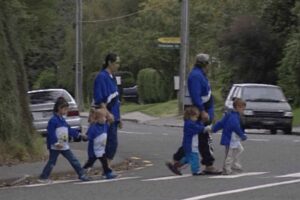
Go to the early childhood centre directory at the My ECE website for parents.
Local Plunket Nurses, and the children’s librarian at your local library will be able to tell you too. Recommendations and some inside knowledge different services can help.
– Article by Dr Sarah Alexander, March 2023.


